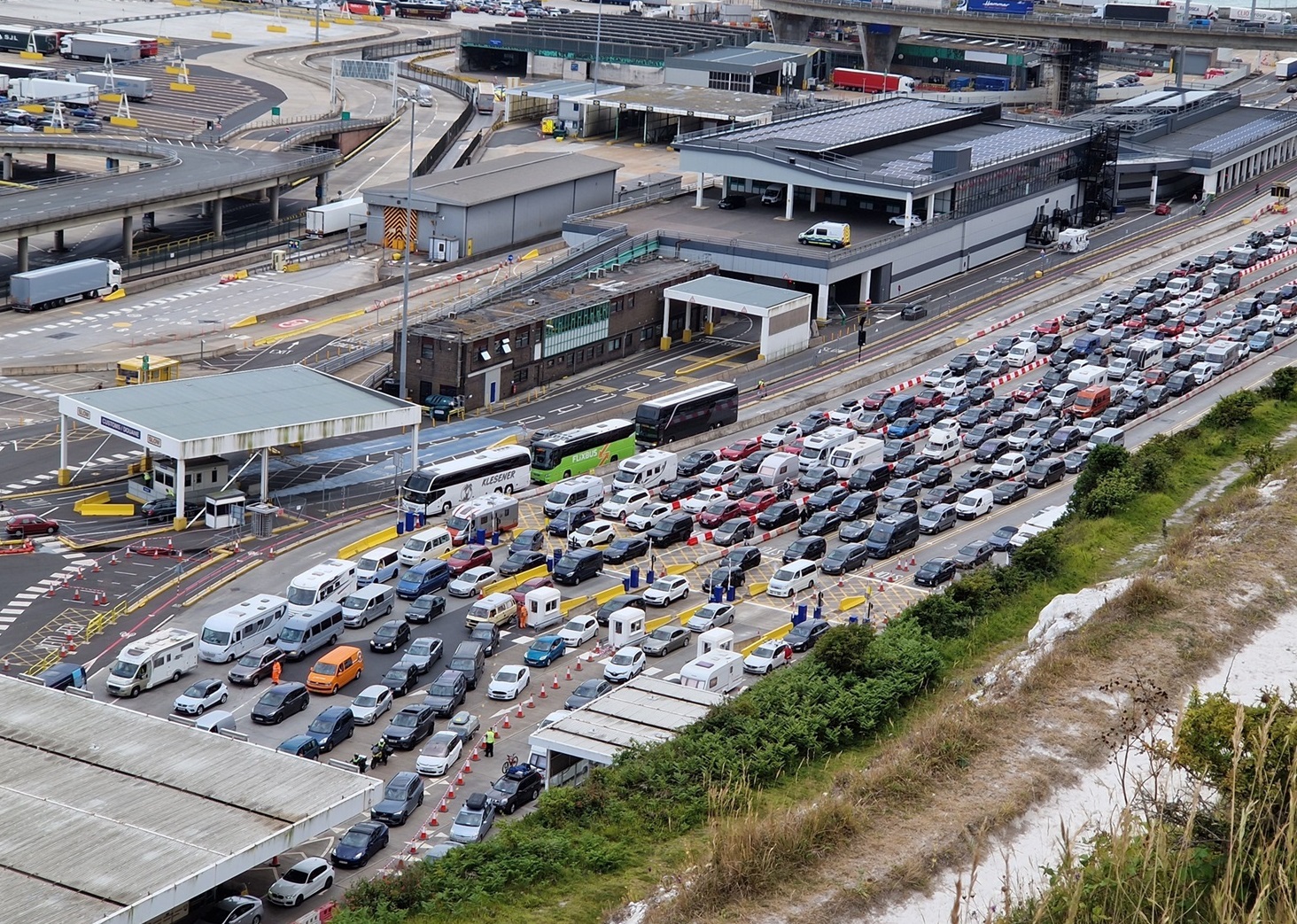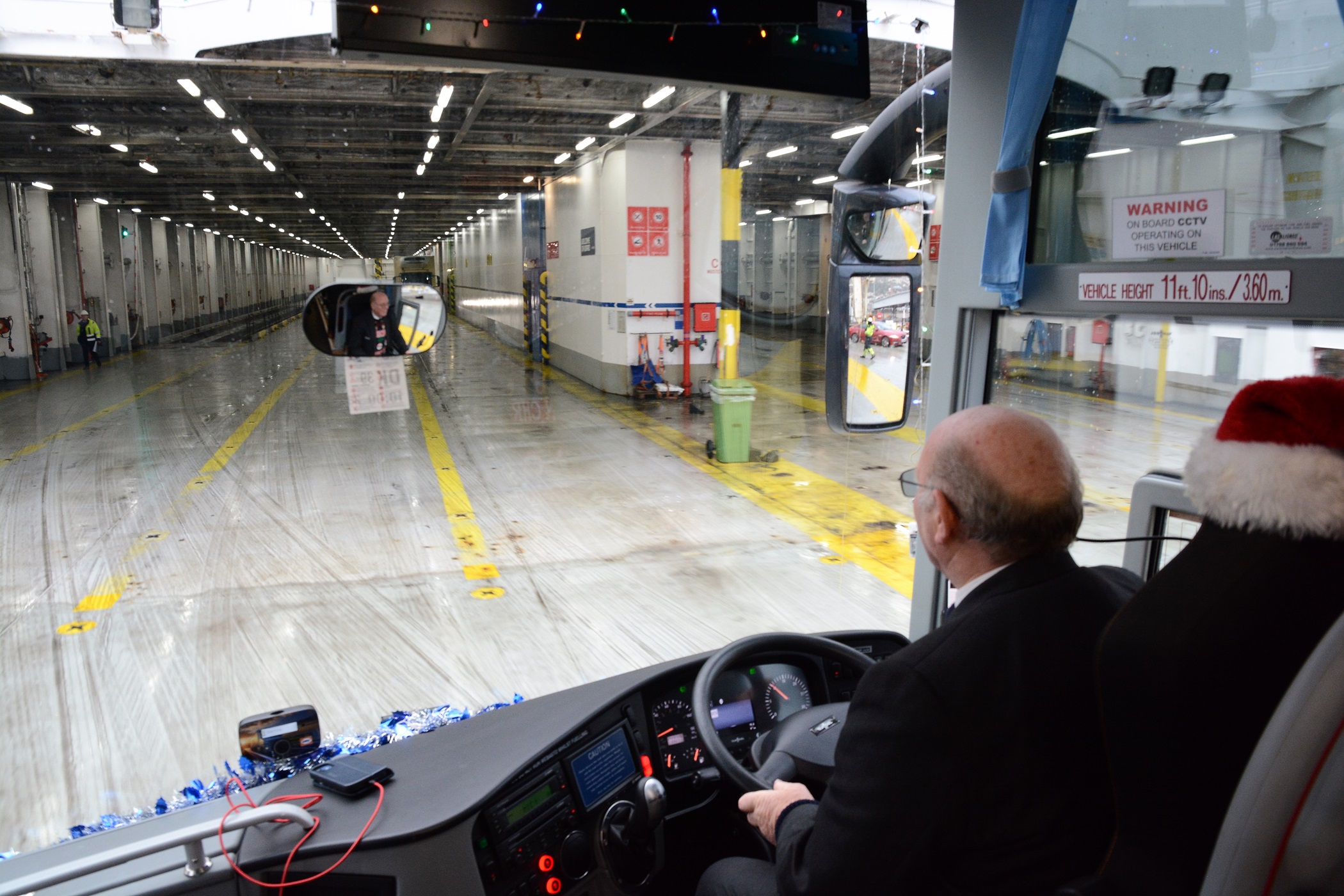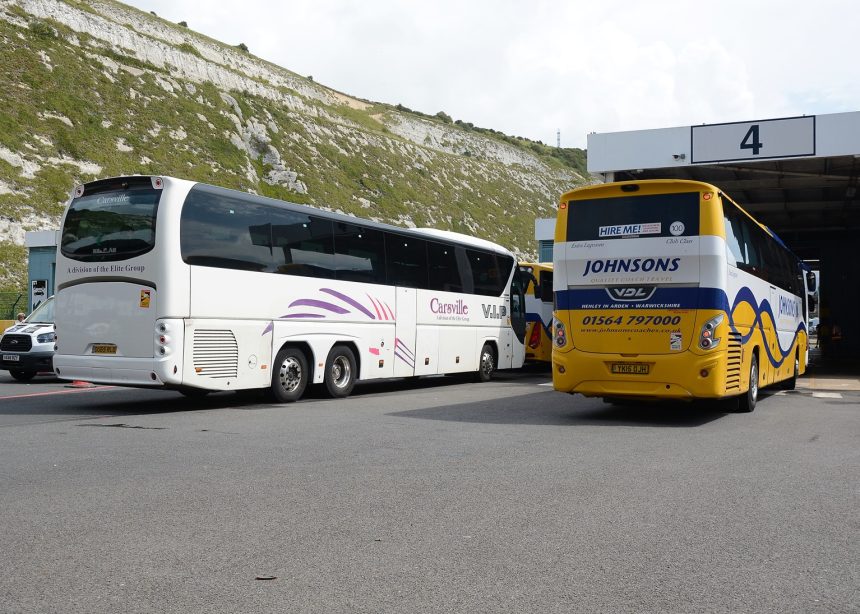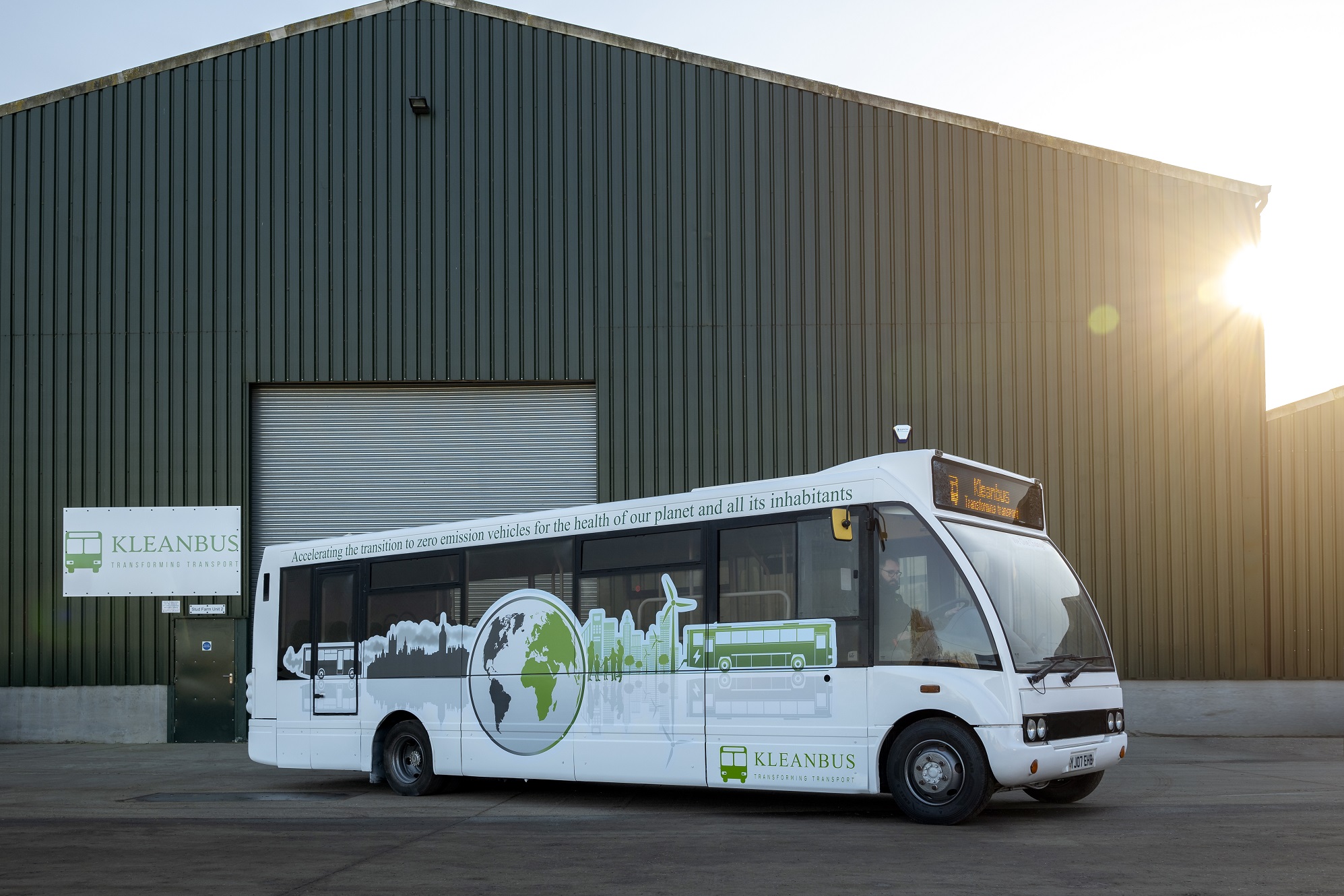Poor rollout by the EU of its Entry/Exit System (EES) could cause significant difficulties for outbound coaches at the Port of Dover’s juxtaposed border controls, the European Scrutiny Committee heard on 29 November.
After a series of delays, the long-promised EES is now expected to be introduced in late 2024. It is an automated system for registering entrants from third countries into the Schengen area and will improve efficiency at borders, the European Commission claims.
Biometric data including photographs and fingerprints are to be collected from nationals of countries including the UK, with those tasks at the heart of worries about the impact of EES. The Committee was told that processes and their time burden are of concern to both coach operators and the wider travel sector.
Laid down in regulation is that checks must be carried out at the border, says ABTA Director of Public Affairs Luke Petherbridge. Processing there is thus unavoidable.
However, both he and Confederation of Passenger Transport Coaching Manager Phil Smith have called for scope to collect some passenger information away from the frontier. They say that would streamline what for coaches may be an otherwise time-consuming process.
“I would have thought that between the EU and the UK government, it might be possible to develop some form of application to process at least part of the EES [requirements],” says Mr Smith, noting that at least two ferry operators at Dover already accept passport scans of coach passengers in advance via app.
That would not mitigate the requirement for collection of fingerprints and photographs. Those processes have been cited as potentially the most disruptive elements of EES, although both will be undertaken only on a rolling three-year basis, or after the issue of a new passport.

All passengers at Dover will need to pass through a self-service kiosk before reaching a French border official. How many of both are provided there will be key to how fast coaches are processed under the new regime, but the overall throughput will become slower, believes Mr Smith.
“The pivotal issue for us will be how many kiosks are going to be… present at Dover Eastern Docks. It is the location that really holds the key to the future of international coach travel post-EES,” he continues.
“If we get this wrong, I can see international coach travel becoming very difficult to maintain on a consistent basis in volume, because so much of the traffic goes through Dover.”
Mr Petherbridge notes that Dover lacks the capacity “to have large numbers of people dwelling at those border checks.” He adds that ABTA’s primary concern is “pinch points,” particularly with the seasonality of international coach travel in mind. That the EU still has not finalised the kiosk specification is a further complicating factor.
Coach passengers are ABTA’s primary worry at juxtaposed border controls, he continues. “There simply is not the space to increase the checks around the port. That is why we need both the governments on the other side of the channel in the EU, and the UK government, to increase the political prioritisation this is given.”
Committee member Gavin Robinson MP notes that possession of all information relating to EES would potentially allow the government “to discern what rollout periods, trial periods, and flexibilities there may be within this.” Trials of the system prior to full introduction would be beneficial for the coach industry, Mr Smith adds.

On what could be done by passengers before arrival at the border, Mr Smith has called for all routine tasks to be possible in advance, including scanning of passports. It is understood that on passing through the frontier when neither fingerprints nor photographs need to be collected, processing time will be much faster.
Both men want the switch-on of EES to take place outside of the peak periods for coaches passing through Dover. Harking to the significant delays seen there on busy days earlier this year, Mr Petherbridge describes the calendar for introduction as “really important.”
He adds: “We are going to have a ‘bulge’ of first-time travellers initially, because they have never had to do this before. The message we would give is: ‘Turn it on at the correct time. Do not turn it on at peak travel periods’.”
Caution equally applies to the later European Travel Information and Accreditation System (ETIAS). It is expected to come on line in mid-2025, subject to EES commencing in late 2024. ETIAS will not pose such a time burden at border controls, although Mr Petherbridge notes that work will be required around consumer awareness.
Full transcription of the European Scrutiny Committee session here.






























